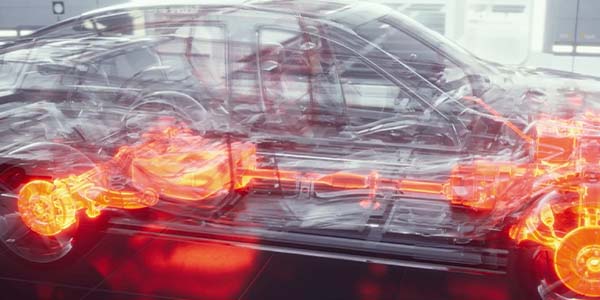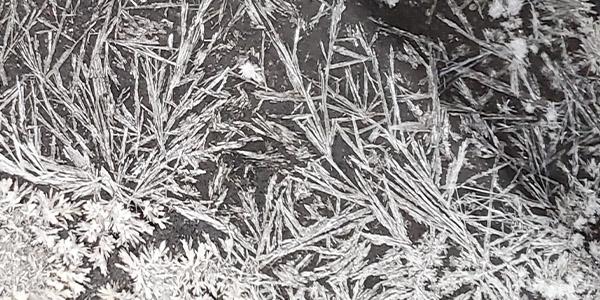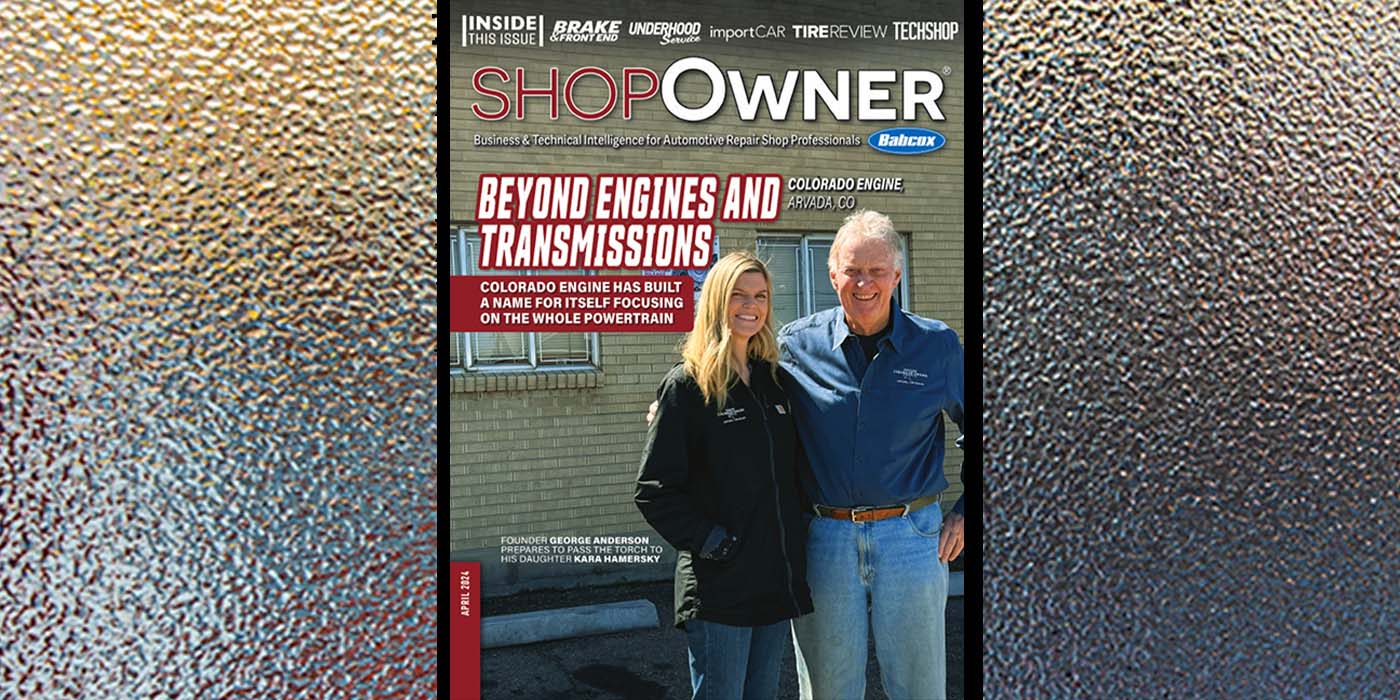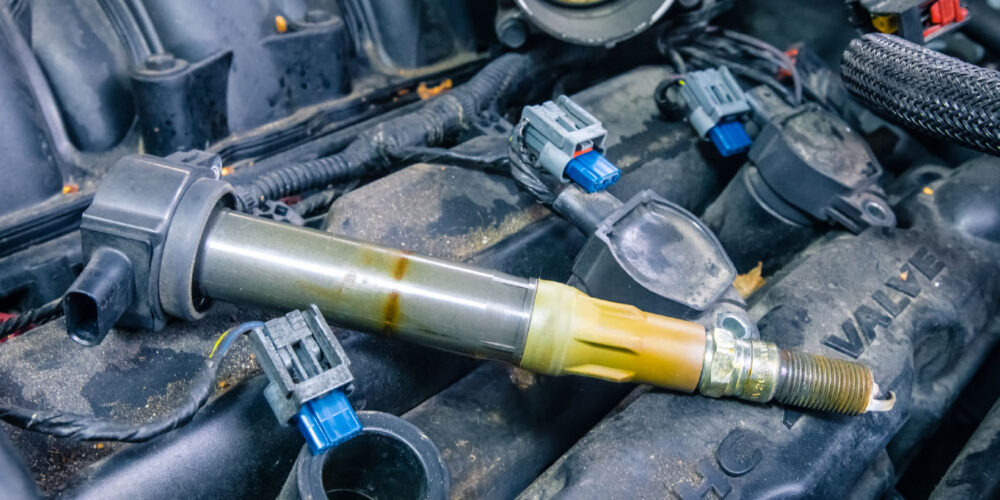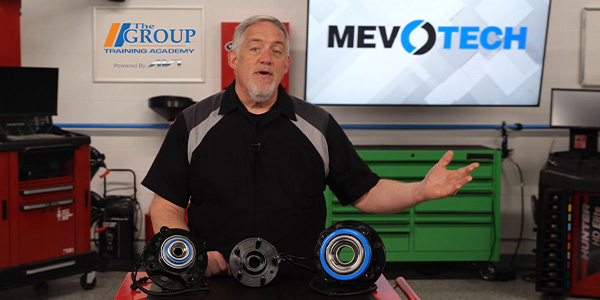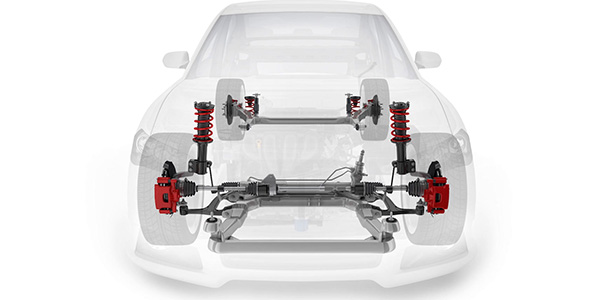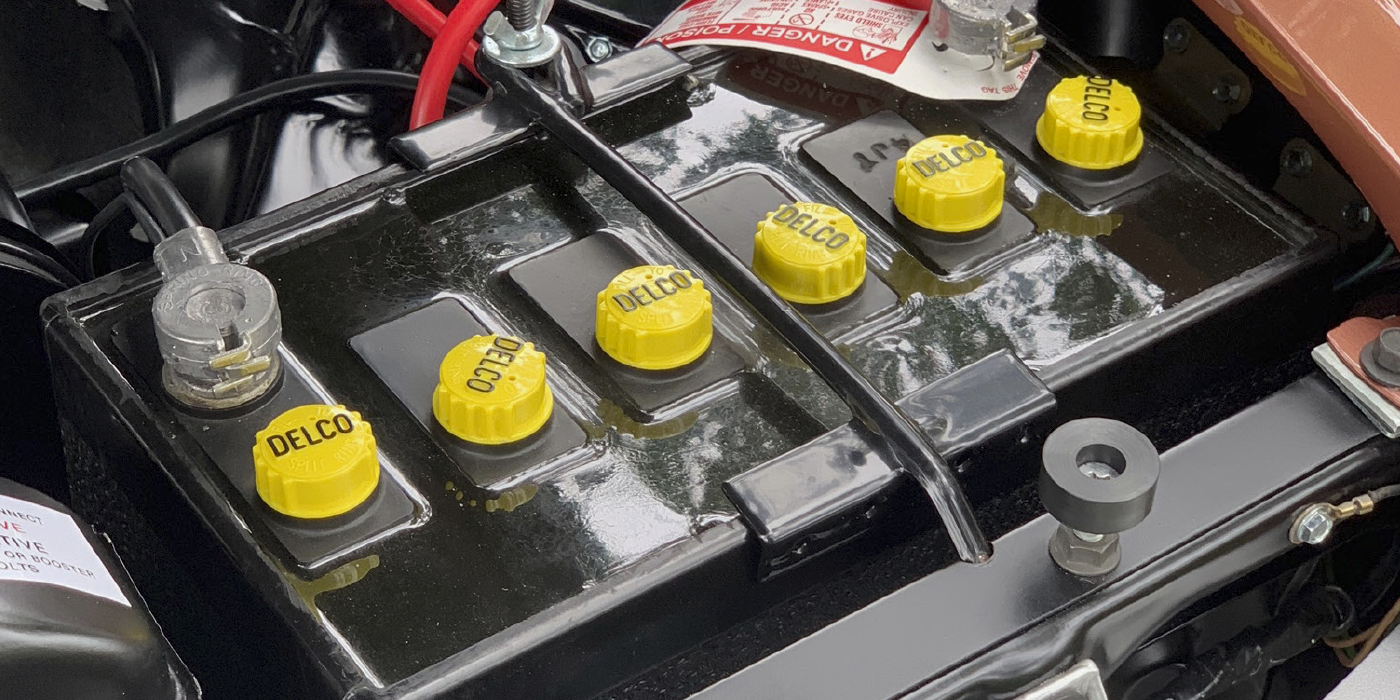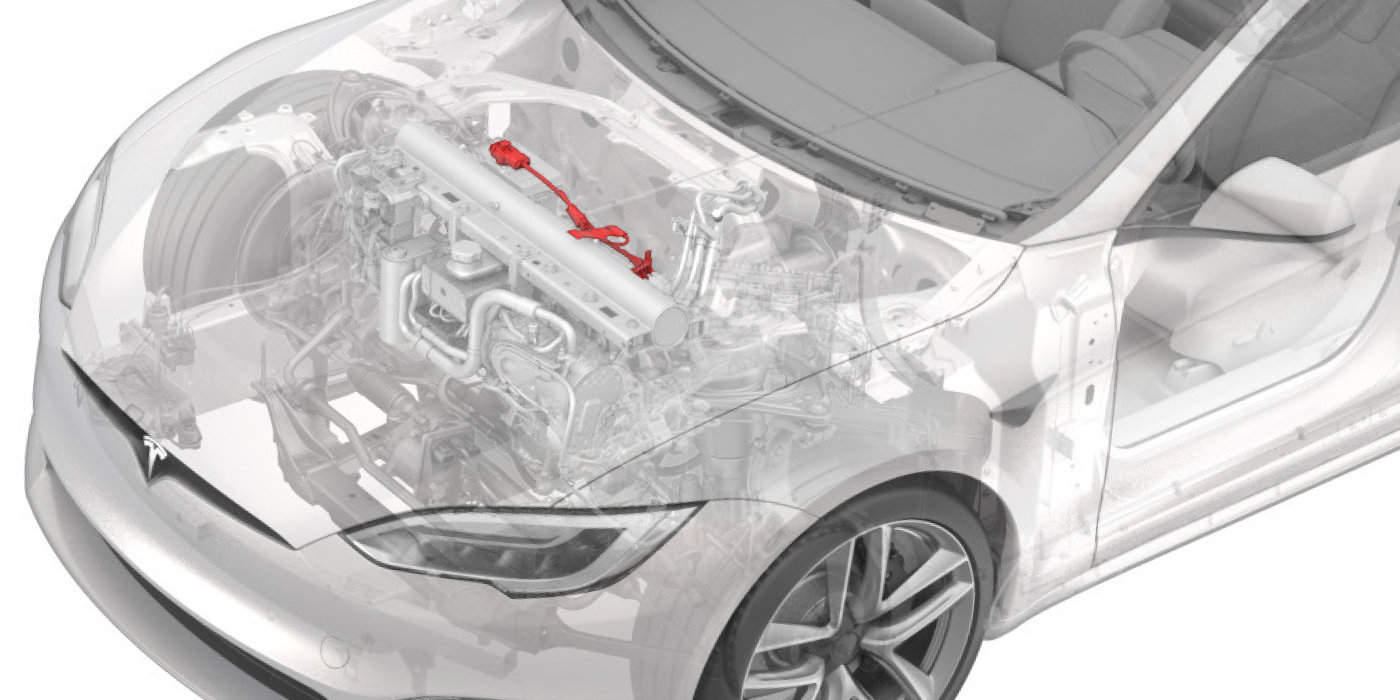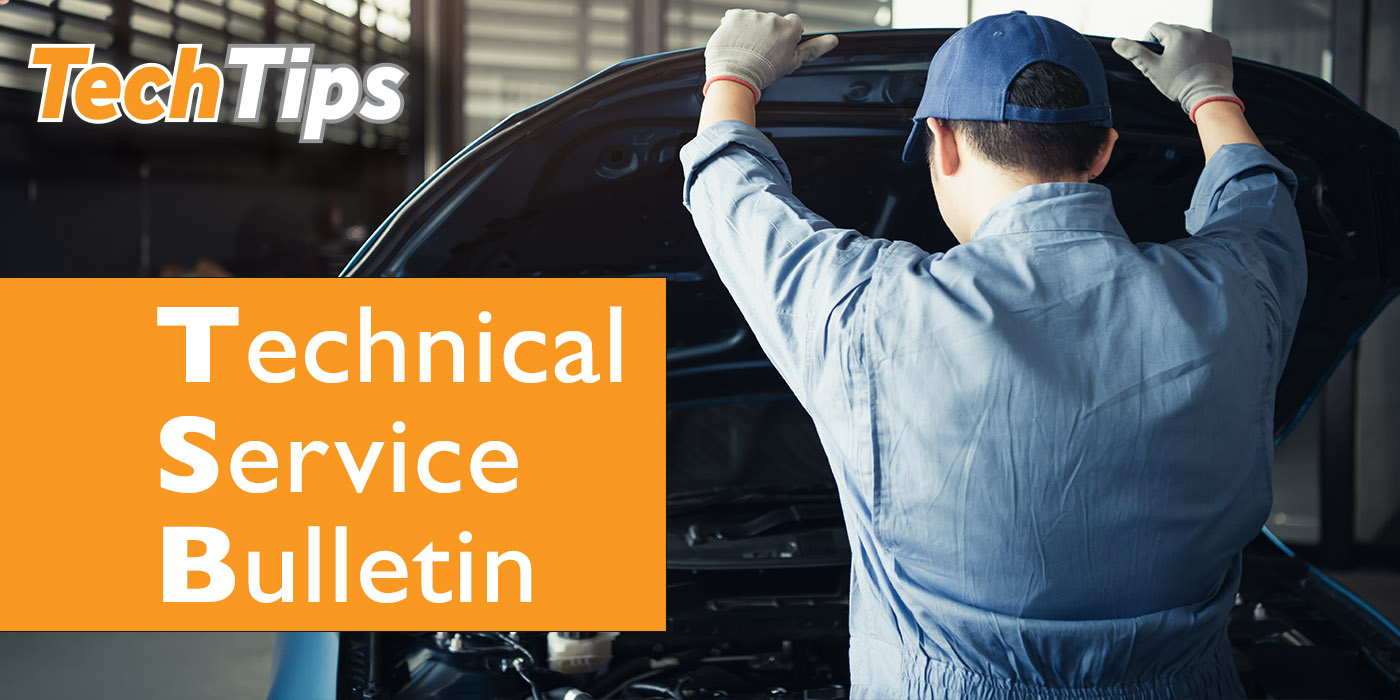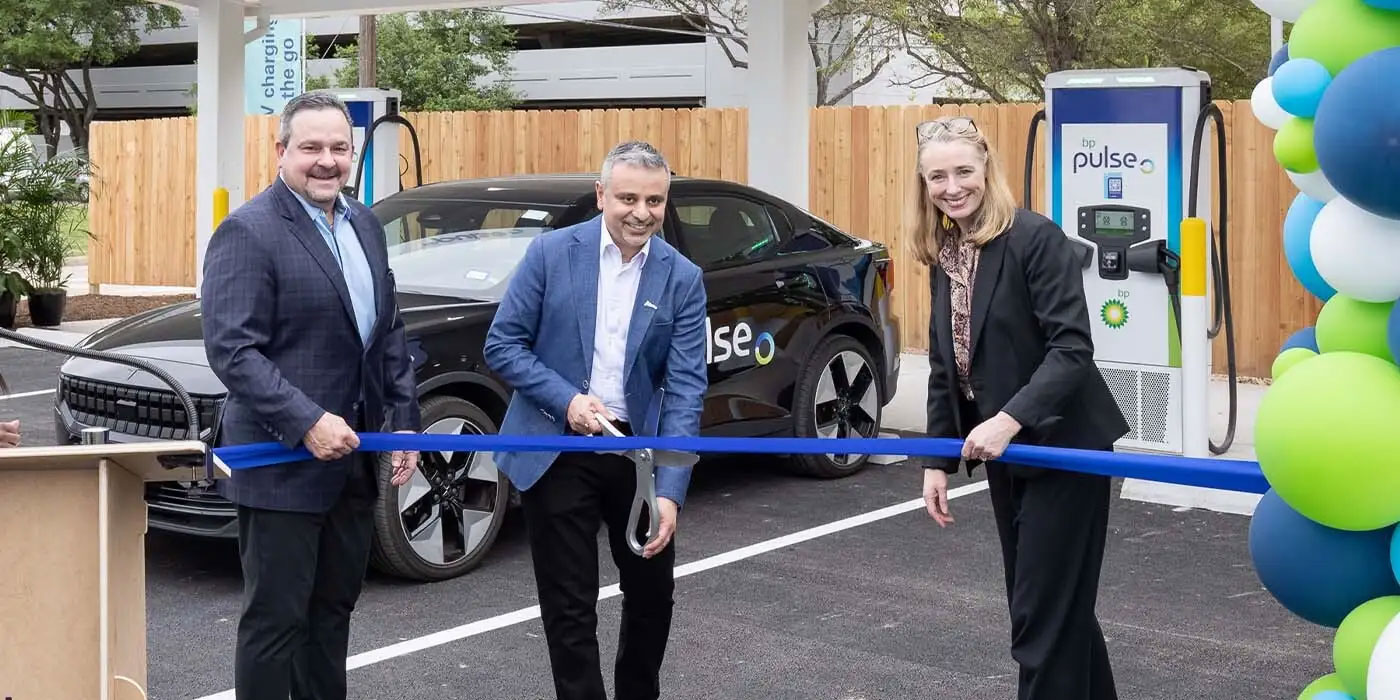Higher Mileage Engine Oils
After 75,000 miles, cars can begin to show their age. They may consume a bit more oil or oil could leak past intake valve stem seals. Higher mileage specialty motor oils typically contain additives that condition the rubber seals to help reduce oil consumption. They can also have high quality base oils that are less likely to evaporate when near the combustion chamber. An example of this type of specialty oil is Quaker State Higher Mileage Engine with Slick 50, which is specifically engineered to help reduce oil consumption. Another way these specialty oils help provide performance is by helping provide a better seal around the aging piston rings by incorporating thicker oil viscosity.
Oils for Horsepower
After modifying their engines to boost horsepower, some auto enthusiasts look for a motor oil that provides the right balance among oil viscosity, oil flow and oil pressure to help free up as much horsepower as possible without sacrificing bearing life. Today’s racing specialty oils, such as Q Racing, come in a variety of viscosity grades and also contain select friction modifiers that make the racing oil slippery to help free up more horsepower. Racing oils may also address the wear sometimes associated with stiffer valve springs added to help keep the valves from “floating” at higher rpm. These oils include additional anti-wear additives to compensate for the increased loads the stiffer springs place on the camshaft.
Courtesy of Quaker State.
For addtional information on products offered by Quaker State, visit www.Qpower.com.

